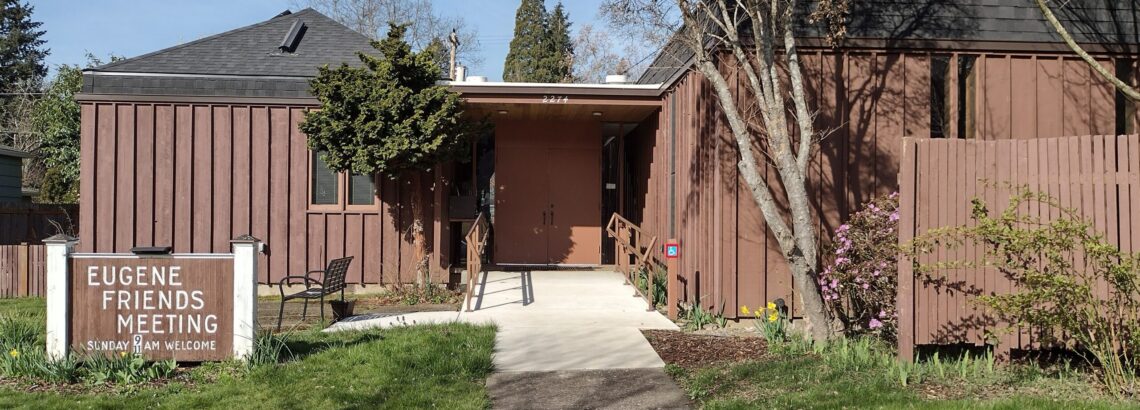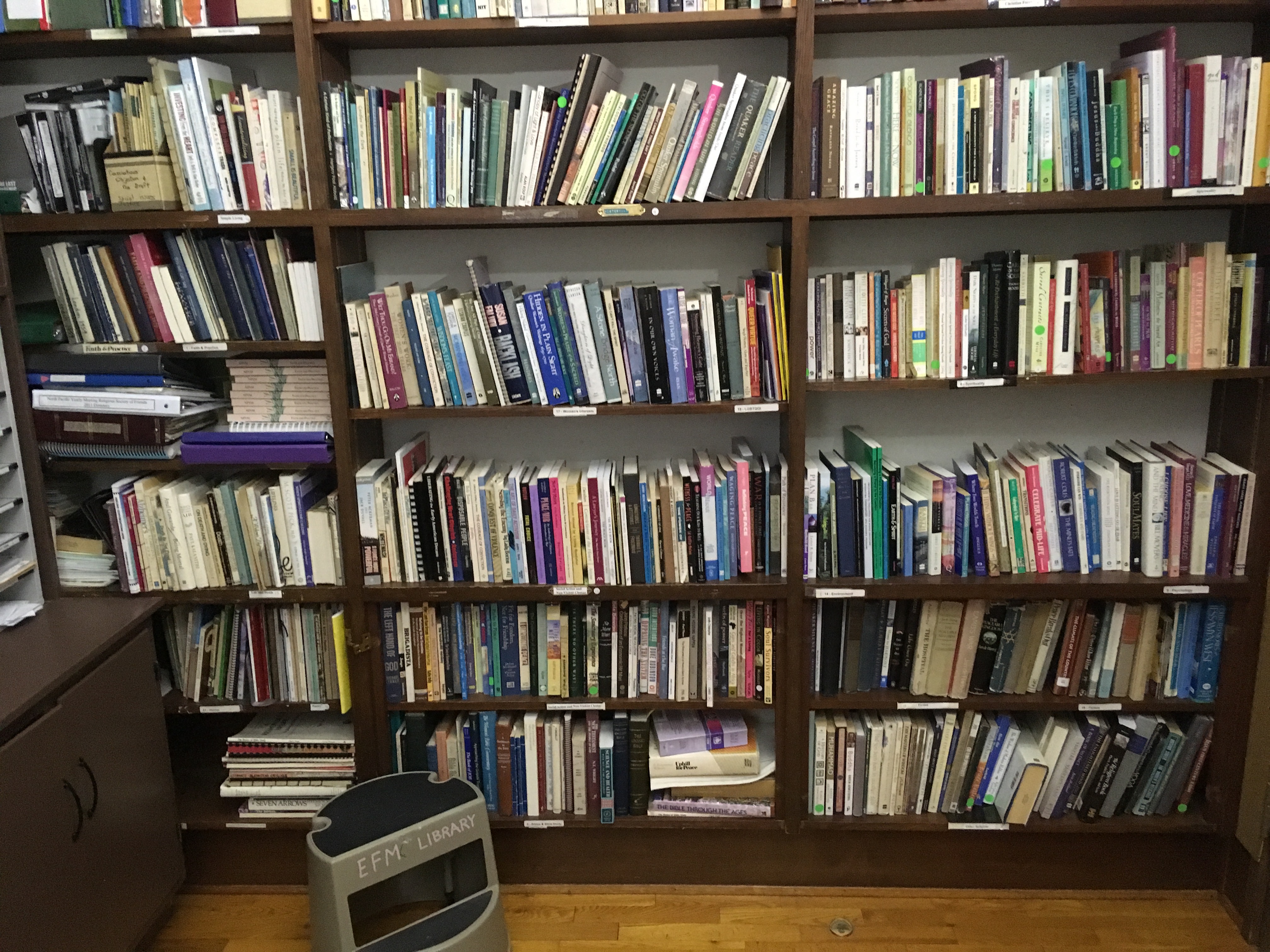According to the United Nations, land areas managed by Indigenous Peoples are among the most biodiverse and well-conserved on the planet. The cultural stories of Indigenous People have embraced sustainability long before the term entered public discourse. Modern environmentalism has been deprived of Indigenous knowledge because our early environmental thinkers, like John Muir, saw nature as something apart from humans. In the Muir tradition, the U.S. government drove tribal people out of Yellowstone, Yosemite, and the Everglades.
A recent Washington Post article says,
The federal government created the National Bison Range in 1908 by evicting tribal members from more than 18,000 acres of the Flathead Indian Reservation — ignoring century-old practices for keeping up the bison herd. Only recently has the government returned the land to the Confederated Salish and Kootenai Tribes, whose successful traditional methods for maintaining the herd are featured in a forthcoming ABC documentary, Our America: Rebirth of the Range.
Indigenous peoples around the world are also uniquely vulnerable to impacts of climate and environmental crisis due to their dependence upon, and close relationship, with the environment and its resources. They are often the first to witness disruptive effects: Native Americans confront polluted groundwater and scoured landscapes arising from oil drilling and ore mining; Alaskan natives see diminishing numbers of bears, birds and fish in the Arctic. The environmental impacts (as well as some of the proposed solutions to climate change) threaten indigenous ways of life, lands rights, future growth, and cultural survivability. Their lifeways are tied to local surroundings, making them the first environmental refugees.
Earthrights International says,
“As forest defenders, Indigenous peoples are key actors in stopping the deforestation that is the greatest contributor to carbon emissions. … There is no realistic pathway to slowing climate change without stopping deforestation. Indigenous peoples know this intrinsically – the forest is life. This is true for indigenous communities in the Amazon, Mekong, and Congo regions. It’s increasingly true for everyone else.”
The first step in finding unity with Indigenous People is to acknowledge that they are the leaders we should follow: Countless Tribal Nations, water protectors, land defenders, and pipeline fighters, have dedicated their lives to defending the sacredness of Mother Earth. They have developed highly effective campaigns of non-violent direct action, political lobbying, multimedia, and divestment.
Specific things we can do to assist efforts by Indigenous peoples:
- First, we can support their legal challenges to proposed development on their lands.
- Second, we can help raise the political costs, with our votes, to the companies that are attempting to push destructive projects against the wishes of indigenous peoples.
- Third, we can push financiers to not put money into these kinds of projects (those that pollute, de-forest, or support the fossil fuel industry).
More information:
The Reciprocity Project is a series of 7 Indigenous-made films exploring the concept of reciprocity in Indigenous cultures, or “the way of life that centers mutual exchange and sharing amongst all beings, past, present and future, seen and unseen, and the Earth.” And through these films and Indigenous perspectives, the project aims to spark conversation and action on the climate crisis.


